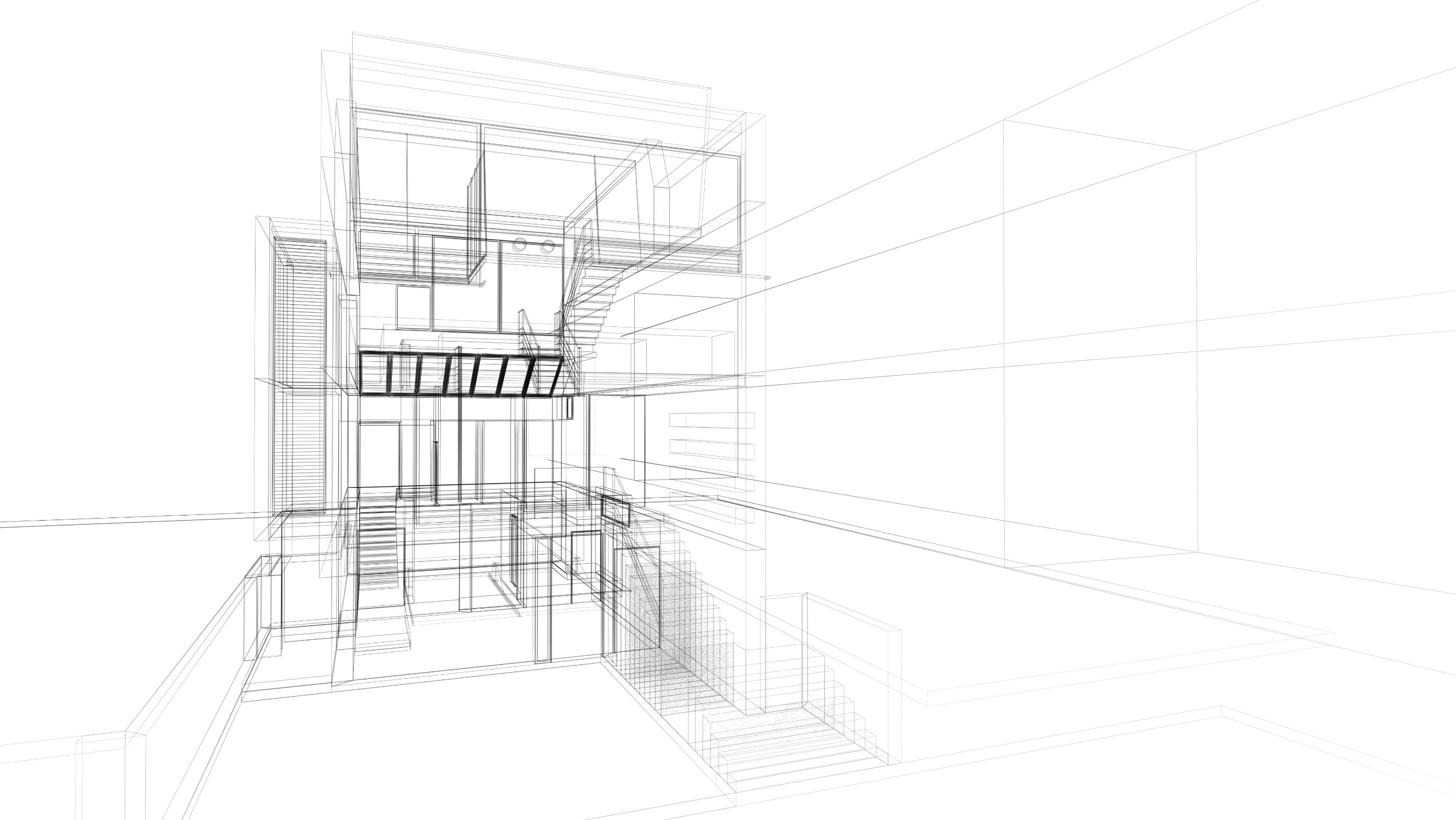As of the 1st September the following changes to the Use Classes Order Apply
Class A
Class A is revoked from 1 September 2020.
- Class A1 A2 A3 are effectively replaced with the new Class E (a,b,c)
- A4/5 become defined as ‘Sui Generis’
Class B
B1 Business is revoked from 1 September 2020. It is effectively replaced with the new Class E(g).
It is included here for reference and use in specific situations where it remains valid (as detailed above).
- B1 Business – Uses which can be carried out in a residential area without detriment to its amenity. This class is formed of three parts:
- B1(a) Offices - Other than a use within Class A2 (see above)
- B1(b) Research and development of products or processes
- B1(c) Industrial processes
Uses B2 and B8 remain valid.
- B2 General industrial - Use for industrial process other than one falling within class E(g) (previously class B1) (excluding incineration purposes, chemical treatment or landfill or hazardous waste)
- B8 Storage or distribution - This class includes open air storage.
Class C
Class C remains unaffected by the 1 September 2020 changes.
Class D
Class D is revoked from 1 September 2020.
Class E - Commercial, Business and Service effective from 1 September 2020
Class E more broadly covers uses previously defined in the revoked Classes A1/2/3, B1, D1(a-b) and ‘indoor sport’ from D2(e):
- E(a) Display or retail sale of goods, other than hot food
- E(b) Sale of food and drink for consumption (mostly) on the premises
- E(c) Provision of:
- E(c)(i) Financial services,
- E(c)(ii) Professional services (other than health or medical services), or
- E(c)(iii) Other appropriate services in a commercial, business or service locality
- E(d) Indoor sport, recreation or fitness (not involving motorised vehicles or firearms)
- E(e) Provision of medical or health services (except the use of premises attached to the residence of the consultant or practitioner)
- E(f) Creche, day nursery or day centre (not including a residential use)
- E(g) Uses which can be carried out in a residential area without detriment to its amenity:
- E(g)(i) Offices to carry out any operational or administrative functions,
- E(g)(ii) Research and development of products or processes
- E(g)(iii) Industrial processes
Class F - Local Community and Learning is introduced 1 September 2020.
In two main parts, Class F covers uses previously defined in the revoked classes D1, ‘outdoor sport’, ‘swimming pools’ and ‘skating rinks’ from D2(e), as well as newly defined local community uses.
- F1 Learning and non-residential institutions – Use (not including residential use) defined in 7 parts:
- F1(a) Provision of education
- F1(b) Display of works of art (otherwise than for sale or hire)
- F1(c) Museums
- F1(d) Public libraries or public reading rooms
- F1(e) Public halls or exhibition halls
- F1(f) Public worship or religious instruction (or in connection with such use)
- F1(g) Law courts
- F2 Local community – Use as defined in 4 parts:
- F2(a) Shops (mostly) selling essential goods, including food, where the shop’s premises do not exceed 280 square metres and there is no other such facility within 1000 metres
- F2(b) Halls or meeting places for the principal use of the local community
- F2(c) Areas or places for outdoor sport or recreation (not involving motorised vehicles or firearms)
- F2(d) Indoor or outdoor swimming pools or skating rinks
Sui Generis
The following are no longer covered by a Use Class and are Sui Generis:
- theatres
- amusement arcades/centres or funfairs
- launderettes
- fuel stations
- hiring, selling and/or displaying motor vehicles
- taxi businesses
- scrap yards, or a yard for the storage/distribution of minerals and/or the breaking of motor vehicles
- ‘Alkali work’ (any work registerable under the Alkali, etc. Works Regulation Act 1906 (as amended))
- hostels (providing no significant element of care)
- waste disposal installations for the incineration, chemical treatment or landfill of hazardous waste
- retail warehouse clubs
- nightclubs
- casinos
- betting offices/shops
- pay day loan shops
- public houses, wine bars, or drinking establishments – from 1 September 2020, previously Class A4
- drinking establishments with expanded food provision – from 1 September 2020, previously Class A4
- hot food takeaways (for the sale of hot food where consumption of that food is mostly undertaken off the premises) – from 1 September 2020, previously Class A5
- venues for live music performance – newly defined as ‘Sui Generis’ use from 1 September 2020
- cinemas – from 1 September 2020, previously Class D2(a)
- concert halls – from 1 September 2020, previously Class D2(b)
- bingo halls – from 1 September 2020, previously Class D2(c)
- dance halls – from 1 September 2020, previously Class D2(d)
Other uses become ‘sui generis’ where they fall outside the defined limits of any other use class.
For example, C4 (Houses in multiple occupation) is limited to houses with no more than six residents. Therefore, houses in multiple occupation with more than six residents become a ‘sui generis’ use.
Please contact us at This email address is being protected from spambots. You need JavaScript enabled to view it. for further information and guidance.

